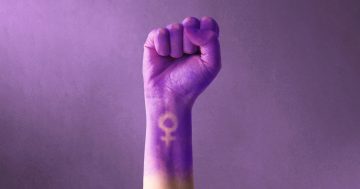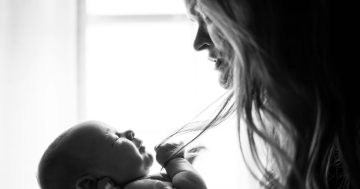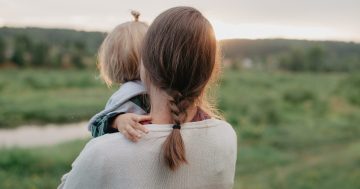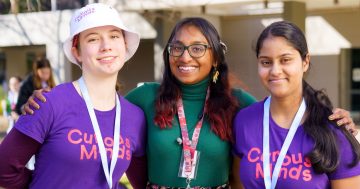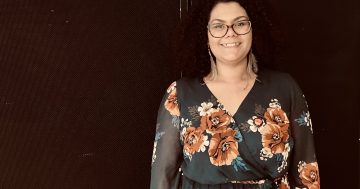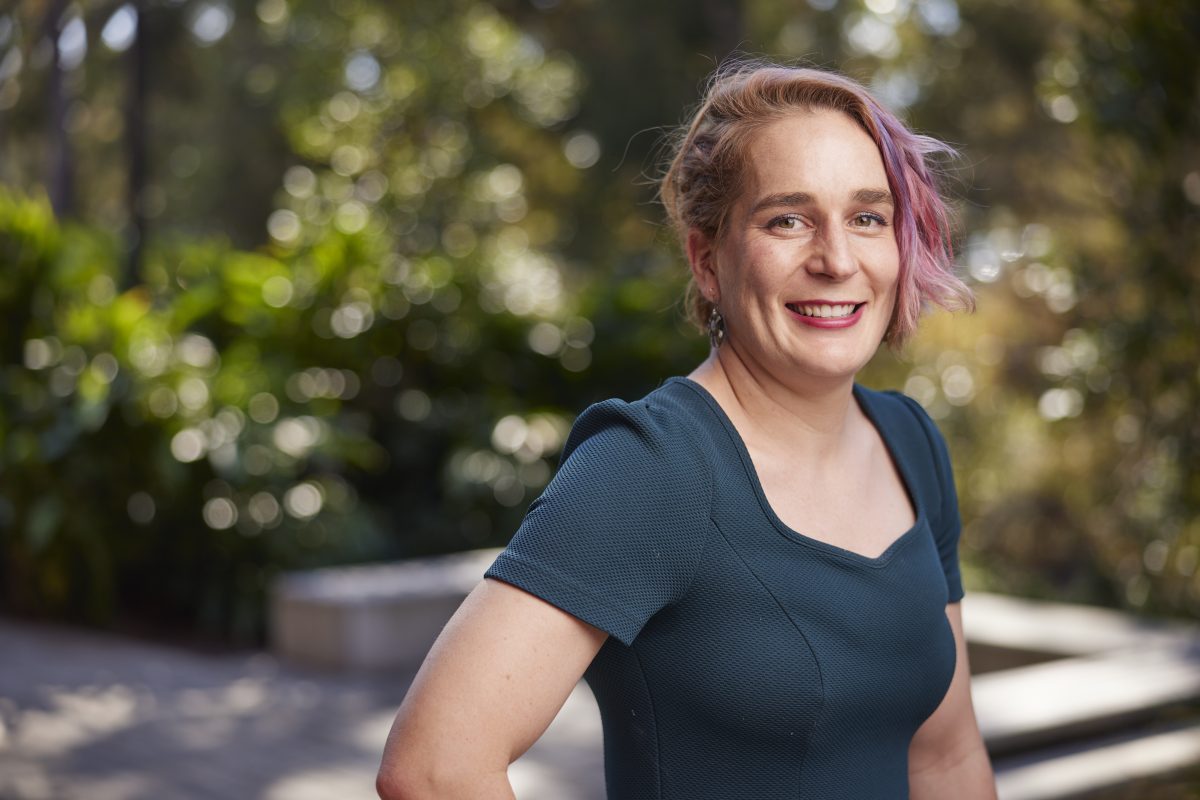
Rasa Kabaila says women don’t need your advice when it comes to becoming a mother. Photo: Supplied.
With the ‘population bomb’ that so obsessed demographers, futurists and catastrophists from the 1960s onwards now statistically bust, childless women are bearing the blame for everything from collapsing societies, ageing populations and the trauma of grandchild-less baby boomers.
“When you have children … ” is the narrative I hear from many people around me. It’s not even a question of “Do you want kids?”
The statement “when you have kids” is a gross assumption that places unnecessary expectations and pressure on women.
Some classics I’ve heard when I was happily single are, “It’s okay; you have time”, and ” Don’t worry; the right one will come along”.
My favourite was at a dinner party. I had a friend’s family member suggest out of the blue that I have my eggs frozen before going on a four-month overseas trip. Her son, a few years older than me, had done tonnes of travel and had never once been put out in the open like how I was at that moment.
The trends are changing with motherhood.
The Australian Institute of Family Studies shows that around 30 per cent of women aged 45 to 49 years in 2016 had one child or no children, compared to 16 to 17 per cent in 1981 and 1986.
Regardless of these changes, I can’t help but notice that women who do not have children still tend to be stigmatised in their own unique way. So, as a mental health practitioner and a woman who does not have children (and might always stay that way), I wanted to take the opportunity to help reduce the stigma around women who are child-free.
I’ve never had the pang of wanting children in any way, shape or form. And do you know what I felt? Shame. I felt ashamed because I thought there was something wrong with me and that I would be failing in my role as a woman by not having children. Because, as a little girl, you aren’t told that maybe you won’t want kids, and that’s a great thing, too.
Unfortunately, in the current state of play, while other people (including women) force their assumptions and personal feelings onto women (who are child-free), the latter cohort is encouraged to feel a sense of shame and loss that they may have never felt beforehand.
When I’ve asked countless child-free men, ranging from 20 to 50, about whether they feel this sense of pressure from people about whether or not they will have kids, the straight-up answer I have always been given is “no”. I understand the biological underpinnings of why men are treated differently in this way, but it doesn’t mean we should perpetuate this pressured judgmental behaviour towards women.
The narrative is always important. A slight change in the way we approach our communication with others can make all the difference. I know from my profession in nursing, but importantly as a fellow flawed human being, that it’s hard not to project your feelings and beliefs onto someone else when you are asking them something about them, not you. If a woman hasn’t told you about whether or not she wants children, then work out how important it is for you to ask.
Embrace her with whatever she tells you. If you want to approach your questioning and comments about the topic of children in a way that implies that a woman hasn’t thought of all of this before, then you need a reality check.
Do not suggest that she gets her eggs frozen when she says she is undecided about whether or not she wants children. Do not tell her that the clock is ticking. She is aware of everything you’ve suggested and has likely thought of it 1000 times before.
She has also likely thought about this path in every different light and has potentially mentally dragged herself through a pressured and painful journey in doing so. She doesn’t need you to convince her to hold a different view or to hear your opinions. She never asked for them based on your own individual wants, belief system, and set of experiences, which are different from hers.
Every woman has an important role in this world, regardless of whether they have children or not. Women are starting to shift the narrative to recognise this. As a collective, we need to build on that change. Every woman should be celebrated.
Rasa Kabaila is a nurse practitioner.













